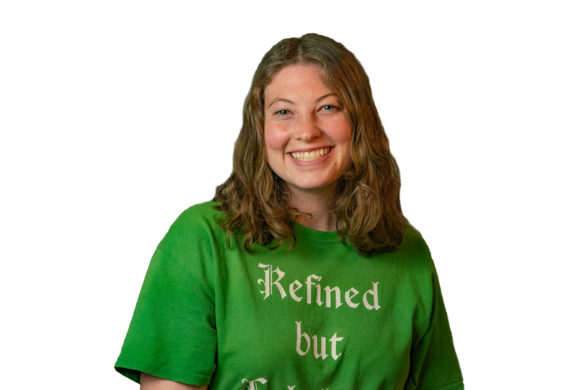Your knowledge is inadequate. Your data, your facts, your little tidbits of information are all becoming obsolete. If I can Google something and find an answer, I don’t care that you have a slower and more biased answer. And neither will your future employer.
The vast database of information on the Internet as well as the increasing relevance and usefulness of artificial intelligence is really beginning to put a lot of pressure on us mere mortals. How can we compete with technology? How can we differentiate ourselves as valuable contributors to the marketplace? What do we, as humans, offer in a world where most of the answers are a Google search away?
Before you smack your head into table in front of you, or (worse), rip this newspaper to shreds, let me offer a resolution. In fact, let me introduce you to an entire series dedicated to helping you game the system.
This column is all about ideas. Ideas, I think, are our competitive advantage. That means we need to be brilliant creators and innovators. We need imagination and vision and fearless ambition. My goal is to be a medium for those traits, and if you are serious about being a valuable asset to a future business or employer, you should be aiming for that goal too. Whether it is sharing inspirational innovations elsewhere or telling you exactly how you can maximize your own creative juices, I’ll be here all year to give you the kick you need to become irreplaceable, pioneering and modern.
So, what can you begin doing right this second? Well, the good news is that you are in college and, therefore, in the midst of a gold mine of potential. You have access to thousands of peers and professionals in hundreds of different fields of study, so take advantage of it.
In Steven Johnson’s book “Where Good Ideas Come From,” Johnson describes how our brains work in networks. Basically, a new idea pops in your head when a brand new set of neurons comes together for the first time. So, how can we cause that to happen more often? Expose yourself to the kinds of environments that will expose you to new thoughts and philosophies of thought. Having more information stored in your noggin makes it more likely that your brain will connect those threads of thought to provide a light bulb moment.
So pay attention in those “gen-ed” classes, ask your friends and professors to tell you about the subjects they are passionate about, find ways to apply new information to your field of study. Keep a journal or blog with your thoughts, and keep track of the overlaps of information that are sure to happen; don’t let that light bulb go to waste. Surround yourself with different people with different ideas, develop eclectic hobbies and interests, read articles and books and re-read your old journals and blog posts.
Find one thing, or one million things, that you are passionate about and give yourself time to develop both an understanding and a hunger. Google has a program called “20-percent time” that requires employees to spend 20 percent of their time on the job working on a personal project. Sometimes ideas fizzle out, sometimes they lead to different ideas and sometimes Gmail is born.
So maybe your knowledge is not quite as inadequate as we originally thought. But the future requires that you know how to use that knowledge. And using it means letting it crash and burn, bump and collide, recycle and recreate, and – finally, after gnawing at you for months or years – illuminate and innovate.


